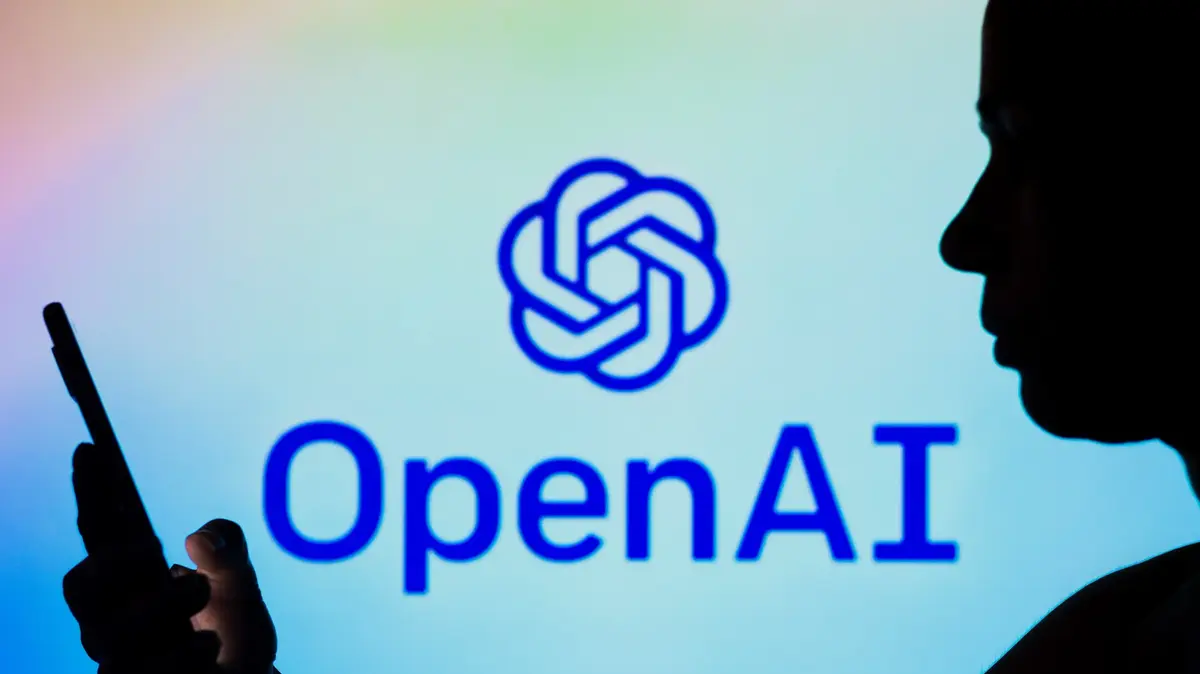Artificial intelligence can predict the chemical structure of new synthetic drugs even before they hit the market: this is thanks to an algorithm that mimics the functioning of the human brain, developed and trained by an international research team led by the University of British Columbia. in Canada. The result, published in Nature Machine Intelligence, will help reduce the time to identify new illicit substances hidden in powders and tablets, but not only: it will also allow the discovery of new yet unknown molecules that make up the 'dark matter' of chemistry.
"Being able to predict which synthetic drugs are about to emerge on the market before they even appear is a bit like in the movie Minority Report, where the prediction of the criminal activities that are about to take place helps to reduce crime in a future world", explains study coordinator David Wishart, who teaches computational science at the University of Alberta, Canada. "Essentially our software gives law enforcement and public health programs an edge over clandestine chemists, and helps them understand what they need to look for."
To achieve this, the researchers trained an artificial intelligence algorithm from a large database containing the chemical structures of known psychoactive substances identified by laboratories around the world. Once these notions were studied, the system generated the framework of 8.9 million new potential synthetic drugs. These molecules were then compared with 196 new illicit substances that appeared on the market after the training: it was thus discovered that 90% had already been predicted by the algorithm. In other words, artificial intelligence has been able to predict almost any new substance that has come onto the market since it was trained.
The system also learned which molecules are most likely to appear on the market.
"We wondered if we could use this probability to determine an unknown drug from its mass alone, which is very simple for a chemist to measure using mass spectrometry," adds Leonard Foster, professor of biochemistry at the University of British Columbia.
The hypothesis was tested on each of the 196 new drugs just released: it emerged that the algorithm can predict the chemical structure of unknown molecules, classifying it among the top 10 candidates in 72% of cases, and even in 86% if one integrate data from tandem mass spectrometry, another readily obtainable measure.






/cloudfront-eu-central-1.images.arcpublishing.com/prisa/YF7GIHYSMRN4JGNOYSGVWLH3ZY.jpg)
/cloudfront-eu-central-1.images.arcpublishing.com/prisa/VU7S6EWZZVMMDGHINQUMAFJHCE.jpg)
